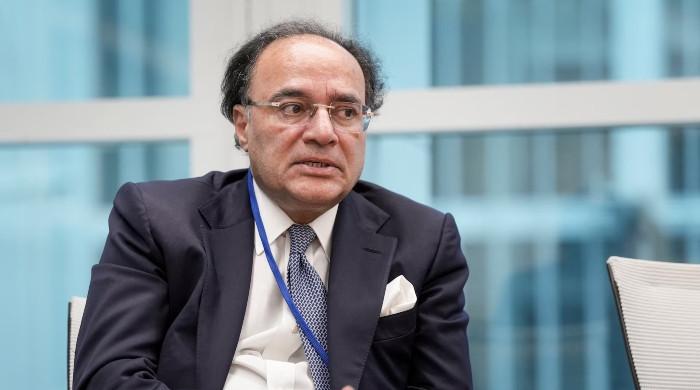Nokia to cut 14,000 jobs amid uncertain growth, shrinking demand
The company's shares experienced a 2% decline at 0900 GMT following the announcement
October 19, 2023

Nokia has announced a substantial workforce reduction, with up to 14,000 jobs set to be cut as part of a cost-cutting initiative that comes in the wake of a significant drop in third-quarter sales, down by 20%, primarily driven by decreased demand for 5G equipment.
The company's shares experienced a 2% decline at 0900 GMT following the announcement.
The slowdown in the United States, which is a key market for Nokia, has been a significant factor in this decision. Nokia, alongside its competitor Ericsson, had been looking to other regions, notably India, for growth opportunities. However, now even India is expected to return to normalcy after a strong 2022.
Nokia's Chief Executive, Pekka Lundmark, highlighted the challenging market situation. He noted that in their most vital market, North America, net sales plummeted by 40% in the third quarter. In response to these challenges, Nokia is aiming to achieve cost savings ranging from 800 million euros ($842 million) to 1.2 billion euros by 2026.
As part of this cost-cutting strategy, the company anticipates reducing its workforce to between 72,000 and 77,000 employees, down from the current 86,000, representing approximately 16% job cuts at the high end of the range. Lundmark emphasised the need to protect research and development.
Nokia expects to realise at least 400 million euros in savings by 2024, with an additional 300 million euros in 2025. Ericsson, Nokia's competitor, has also undergone significant layoffs this year, and it expressed that the uncertainties affecting its business would extend into 2024.
Despite the challenges, Nokia did not revise its full-year outlook, with Lundmark expressing a belief in the industry's mid-to-long-term potential. However, he noted the uncertainty regarding when the market would recover, emphasising the need for the industry to invest in faster mid-band equipment to handle the growing data traffic. Currently, only 25% of 5G base stations worldwide outside of China are equipped with mid-band technology.
The industry had initially anticipated that 5G would herald the era of automation and driverless cars, but the adoption of this technology has been slower than expected. Telecom operators have struggled with their investment budgets, prompting cost-cutting measures. For example, BT Group in the UK had announced plans to cut 55,000 jobs, while Vodafone planned to cut 11,000 positions.
Kester Mann, an analyst at CCS Insight, commented on the situation, saying, "This should be an industry that's flying high, buoyed by unrelenting demand for its services ... instead, countless questions continue to be posed around operators' relevance and long-term future."
In summary, Nokia's decision to reduce its workforce is a response to a challenging market environment, driven by weakened demand for 5G equipment and uncertainties regarding market recovery. The company aims to achieve significant cost savings as it navigates these difficulties.









